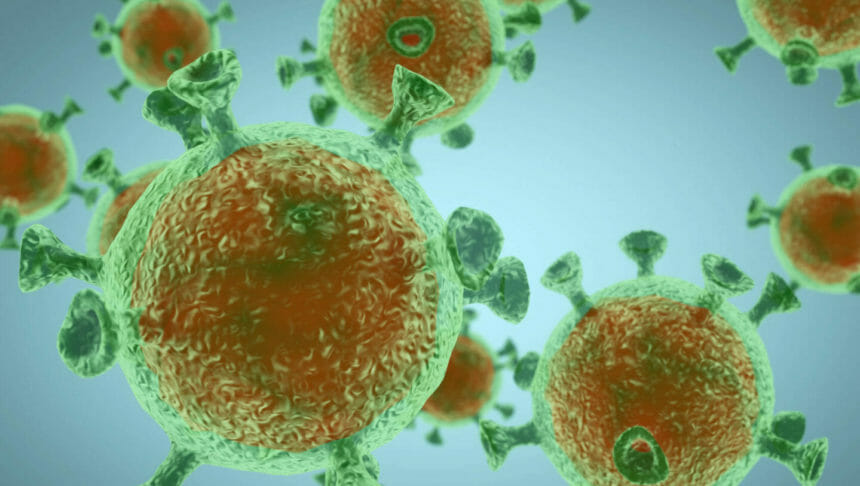
Healthcare workers who have antibodies from previous exposure to SARS-CoV-2 may be well-protected from reinfection, a six-month study finds.
Asymptomatic workers at four hospitals in England received testing for the virus, which causes COVID-19, every two months from late April through November 2020. During 31 weeks of follow-up, investigators found that the presence of anti-spike antibodies — a sign of previous exposure — was tied to a substantially reduced risk of infection in these workers.
Among the 1,265 workers with anti-spike antibodies, none had symptomatic infections, and only two had positive polymerase chain reaction test results over the course of the study. This result contrasts with the findings among more than 11,000 workers who showed no signs of antibodies or previous infection. In this group, 223 tested positive for SARS-CoV-2 infection during the study.
The study could not determine the exact mechanism of protection. But the researchers noted that there is growing evidence for immunity to SARS-CoV-2 following infection with the virus.
“Despite more than 76 million people infected worldwide and widespread ongoing transmission, reported reinfections with SARS-CoV-2 have been rare,” wrote David W. Eyre, B.M., B.Ch., D.Phil., of Oxford University Hospitals, and colleagues. Repeat infections have occurred mostly in people whose first infection was mild or asymptomatic. “[This] suggests that SARS-CoV-2 infection provides some immunity against reinfection in most people,” they concluded.
The full study can be found in The New England Journal of Medicine.



